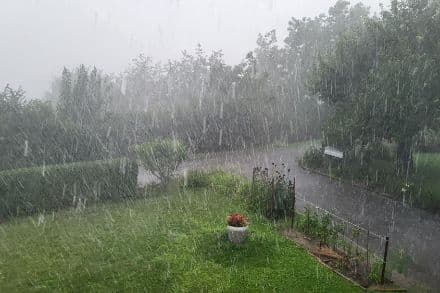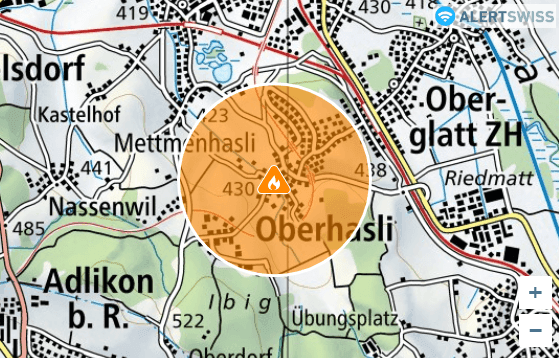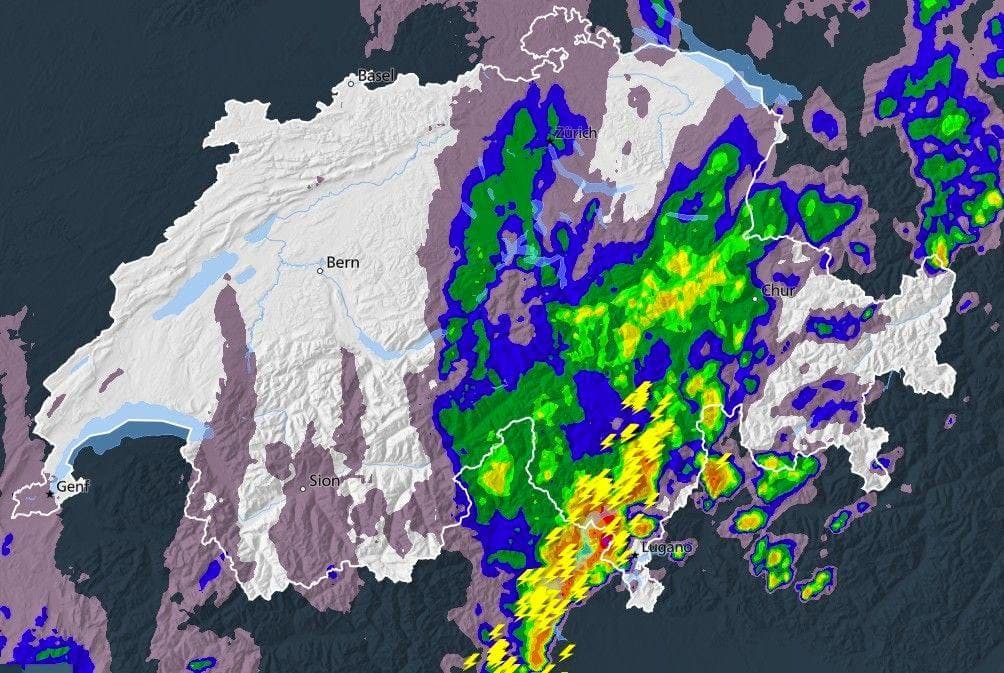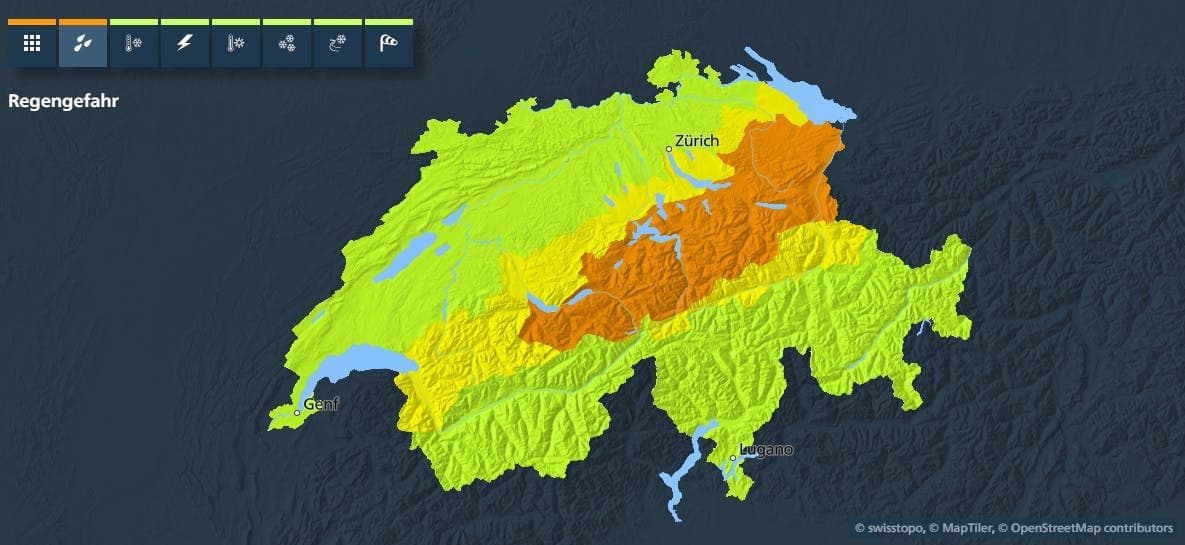Echoes of Change: Switzerland's August 1st Fireworks in Transition
Explore Switzerland's evolving August 1st fireworks. Uncover the national debate, local bans, and animal welfare impacts shaping 2025's unique celebrations.

August's Eve in Flux: A Nation Holds Its Breath
As Switzerland approaches August 1st, 2025, the air is thick with anticipation, not just for the National Day celebrations themselves, but for the profound shifts underway in how the nation marks its founding. While the tradition of vibrant fireworks remains deeply ingrained, a palpable movement for change is accelerating across the cantons. Public opinion, it seems, is undeniably evolving. The country finds itself engulfed in a heated debate over pyrotechnics, driven by growing concerns for the environment, public safety, and animal welfare. Though outright bans on private fireworks remain a minority at the communal level, their increasing adoption highlights a clear trend. A popular initiative, launched in November 2023, stands at the heart of this discussion, proposing a ban on the sale and use of noisy pyrotechnic devices, while still permitting quieter alternatives. Large-scale public displays could continue, but only with prior authorization. This legislative push, coupled with shifting societal views, ensures that August 1st, 2025, will be a critical waypoint in Switzerland's evolving national identity.

The Political Powder Keg: Navigating the National Initiative
The popular initiative, a direct democratic instrument, has ignited a significant political debate, setting the stage for a potential nationwide vote that could fundamentally reshape National Day. This proposal specifically aims to prohibit the sale and use of loud fireworks, allowing only silent products, and mandating prior authorization for major public displays. In October 2024, the recommended rejecting the initiative, asserting that existing communal and cantonal legal frameworks were sufficient to address concerns. However, the parliamentary process is far from over. The Council of States' Science, Education, and Culture Committee is actively preparing an indirect counter-proposal, demonstrating a clear legislative appetite for compromise or alternative regulation. The timeline suggests a popular vote could occur anytime between June 2026 and May 2028. A recent GFS Bern poll, surveying a thousand voters, revealed substantial public backing, with 68% supporting the initiative and only 28% opposing it – a sentiment that even extends into traditionally conservative political camps. This strong public mandate underscores the pressure on politicians to address the issue, making 2025 a year of intense political maneuvering and strategic positioning ahead of the decisive vote.
Silent Suffering: The Unseen Costs for Switzerland's Animals
Beyond the political discourse, the most poignant arguments for change often come from those directly affected by the cacophony of fireworks: Switzerland's animals. Their suffering, often unseen or overlooked by many revelers, carries a significant cost. Farmers like recount harrowing experiences, such as the New Year's Eve incident 15 years ago when his panicked cattle suffered tendon injuries, and a 15-month-old calf tragically died. Another year, two cows miscarried after youngsters fired crackers at his livestock. For Huber, August 1st is no longer a celebration but a stressful vigil, remaining at his farm, ready to intervene. Similarly, the Anderhub family, organic farmers, describe their own 'horror night' in November 2023 when unexpected fireworks left their children crying and dogs frantic. They now proactively expose their animals to smaller bangs and monitor their stables 24/7 during the National Day period. These are not isolated incidents; many farmers share similar, often anonymous, stories of horses running wild with fear, covered in sweat, and left apathetic from sheer exhaustion. Animal welfare advocates are vocal, urging for a shift towards 'silent' celebrations to spare these innocent creatures immense distress.

Local Echoes, National Dialogue: A Mosaic of Regulations
While the national debate over fireworks rages, numerous local communities aren't waiting for federal mandates; they're actively shaping their own regulations, creating a diverse mosaic of approaches across the country. These local decisions reflect a proactive response to the very concerns driving the national initiative. Four communes in Romandie have already implemented outright bans on fireworks within their territories for National Day: (NE), (FR), (BE/JU), and (VD). Their motivations predominantly cite safety and environmental protection. Other municipalities, such as and in Vaud, have opted for a more controlled approach, requiring prior authorization for any fireworks use. , a major city, restricts public pyrotechnic use to August 1st only, indicating a general tightening of rules. Even more nuanced are the partial bans seen in three Haut-Valais communes – , , and – where fireworks are prohibited after 10 PM. This patchwork of communal regulations illustrates a decentralized yet collective effort to mitigate the negative impacts of fireworks, providing tangible examples of how communities are adapting to evolving public expectations and safety concerns.

Redefining the Boom: Imagining Future Festivities
As Switzerland grapples with the future of its National Day celebrations, the current wave of debate and local policy changes hints at a profound redefinition of the traditional 'boom.' The popular initiative, far from seeking to abolish the spectacle entirely, offers a blueprint for a more considerate future: one where silent pyrotechnics take center stage and grand public displays continue under strict authorization. Imagine a National Day where the skies still burst with light and color, but without the deafening explosions that terrorize animals and disturb residents. This could pave the way for innovative celebrations featuring dazzling light shows, synchronized drone displays, or even more emphasis on communal gatherings, music, and cultural performances. The spirit of unity and national pride would remain, simply expressed through different, more inclusive means. The ongoing dialogue and the growing number of communes enacting their own restrictions are not just signs of a changing custom; they are the early brushstrokes of a new tradition. Switzerland is not abandoning its cherished festivities, but rather evolving them, ensuring that the joy of celebration can be shared by all, including its most vulnerable inhabitants.
Related Articles

Switzerland's Wet Awakening: Unpacking a Weekend of Torrential Alpine Fury

Switzerland's Wet Awakening: Unpacking a Weekend of Torrential Alpine Fury

Amidst the Haze: Oberhasli's Untold Tale of a Community Under Pressure

Amidst the Haze: Oberhasli's Untold Tale of a Community Under Pressure

Alpine Fury Unleashed: Navigating Switzerland's Extreme Weather Resilience

Alpine Fury Unleashed: Navigating Switzerland's Extreme Weather Resilience

Alpine Anomalies: How Summer Storms Are Rewriting Switzerland's Weather Story
